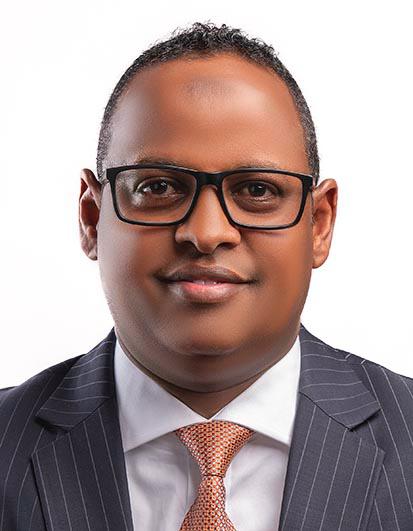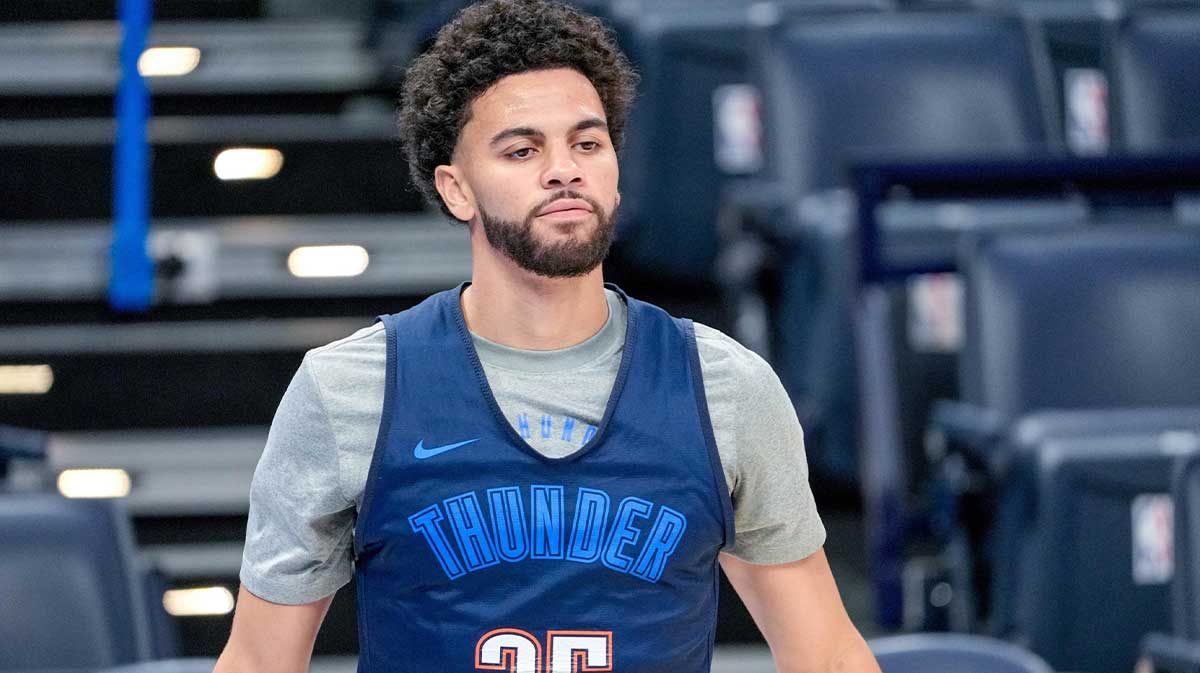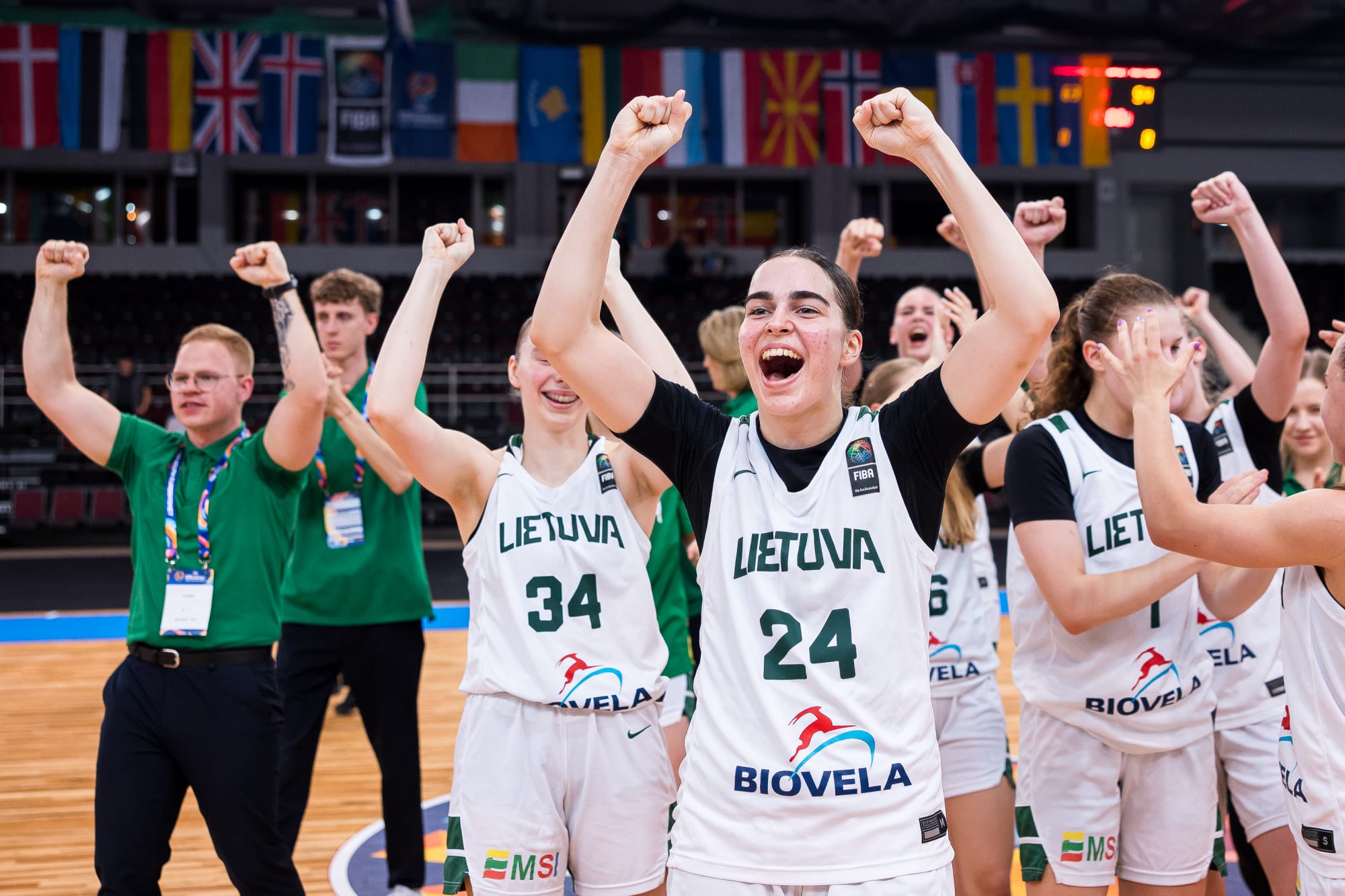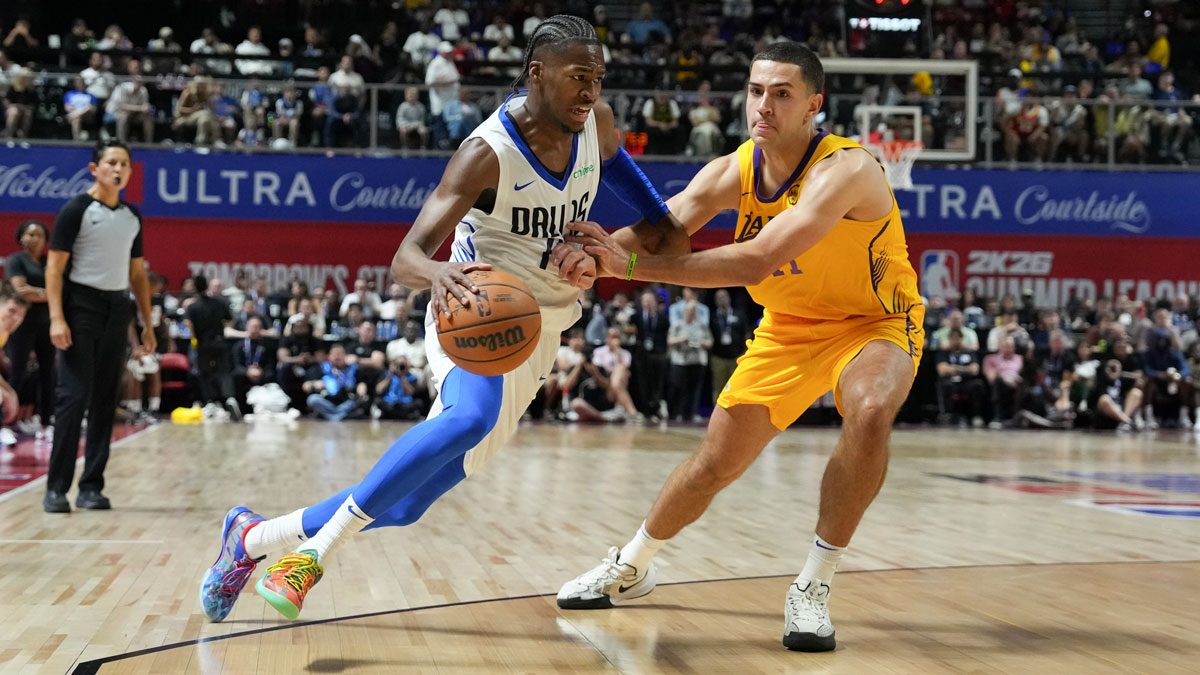ABDIRASHID: Don't kill the voice of the North: Why UDM must not dissolve into UDA
 Hon. Mustafa Abdirashid Ahmed MCA Iftin and current Deputy Speaker of Garissa County Assembly./COURTERSY
Hon. Mustafa Abdirashid Ahmed MCA Iftin and current Deputy Speaker of Garissa County Assembly./COURTERSYIn the constantly shifting landscape of Kenyan politics, alliances are made and broken in the pursuit of power and influence.
While this fluidity is part and parcel of democratic engagement, there are moments when political decisions transcend short-term convenience and call for deeper reflection on long-term consequences.
The ongoing push to dissolve the United Democratic Movement (UDM) into the ruling United Democratic Alliance (UDA) is one such moment.
UDM, born from the aspirations of the Northern frontier, particularly Mandera, has grown to become more than a political outfit; it is a symbol of regional identity and a beacon of potential for inclusive governance.
Its strategic move to join hands with the Kenya Kwanza government after the 2022 elections was not without criticism, but it was defensible, a calculated step to influence government policy and secure development opportunities for the people.
That decision preserved UDM’s identity while placing it in proximity to power. But the current push to completely dissolve UDM and merge with UDA is alarming and deeply misguided.
It is argued that this move is necessary to strengthen UDA ahead of the 2027 general elections and to ensure that the Northern region reaps more development “goodies” through closer ties with the ruling party.
The proponents of this dissolution believe it is politically expedient, a show of loyalty and submission to the central authority for perceived political protection and benefits.
However, the people of Northern Kenya must ask, at what cost? For a region that has long suffered the sting of marginalisation, political identity is more than a party label, it is a platform for visibility, advocacy, and empowerment.
UDM, despite being relatively young, has already positioned itself as a voice for the unique challenges and opportunities of the North.
From insecurity and underdevelopment to the need for tailored education, health, and infrastructure policies, UDM has the potential to champion localised solutions in national discourse.
Dissolving such a party into a larger political machine like UDA not only erodes that identity but also dilutes the ability to bargain for meaningful reforms.
A party that merges and loses its name becomes just another cog in the wheel, its uniqueness buried under layers of hierarchy and competing interests.
This is not mere speculation. We have already witnessed similar fates befall other parties that have merged into larger formations. ANC, the party through which I was elected in 2022, is now defunct.
Its ideals, leadership, and base have been swallowed by the mother party, with little trace of its original mission.
The loss is not just organisational, it is ideological.
Political alignment does not require complete surrender. It is possible and even beneficial to work with the government as a distinct political entity.
By maintaining its autonomy, UDM can support the government’s development agenda while also holding it accountable where necessary.
This is how mature democracies function.
Regional parties play a dual role; cooperating with the government on shared goals while simultaneously advancing the specific needs of their constituents.
Such an arrangement empowers both the region and the country.
It ensures that the unique perspectives of marginalised communities are not lost in the noise of mainstream politics.
By remaining a “friend in government” rather than an obedient subject, UDM can secure real gains for the people of the North not just token projects or political favours, but transformative, long-term investment in the region’s future.
The Timing is Questionable
It is also worth scrutinising the timing of this proposed dissolution.
With the 2027 elections on the horizon, there is a clear strategy by the ruling party to consolidate support and minimise political competition.
While this is understandable from a political survival standpoint, UDM must not be sacrificed at the altar of someone else’s strategy.
The North must not be coerced into premature political marriages without proper public consultation, debate, and analysis.
Decisions of this magnitude must be people-driven, not brokered in boardrooms.
A Plea to UDM Leadership
To the leadership of UDM, especially Senator Ali Roba and other senior figures, history will judge this decision.
You hold in your hands a rare opportunity to shape the destiny of an entire region.
Dissolving UDM may bring short-term benefits and political appointments, but it will strip the region of a vital tool for collective advancement.
Instead, consider strengthening the party’s structures, building a wider grassroots base, grooming the next generation of Northern leaders, and negotiating from a position of strength not desperation.
The people of Mandera, Wajir, Garissa, and the broader North deserve a party that speaks their language, knows their terrain, and prioritises their issues.
Let UDM continue to be that party.
The dissolution of UDM would be more than a political merger, it would be a silencing of a voice that speaks for a long-neglected region.
It would signal a retreat from regional empowerment in favour of short-lived national proximity.
It would be a betrayal of the very ideals that gave birth to the party.
Northern Kenya needs UDM. Kenya needs UDM.
Not as a competitor, not as an outsider but as a partner in the democratic journey, with its own identity, voice, and purpose.
To kill it now is to kill a vision too young to die.
The writer is the MCA for Iftin Ward and current Deputy Speaker of Garissa County Assembly
You may also like...
Diddy's Legal Troubles & Racketeering Trial

Music mogul Sean 'Diddy' Combs was acquitted of sex trafficking and racketeering charges but convicted on transportation...
Thomas Partey Faces Rape & Sexual Assault Charges

Former Arsenal midfielder Thomas Partey has been formally charged with multiple counts of rape and sexual assault by UK ...
Nigeria Universities Changes Admission Policies

JAMB has clarified its admission policies, rectifying a student's status, reiterating the necessity of its Central Admis...
Ghana's Economic Reforms & Gold Sector Initiatives

Ghana is undertaking a comprehensive economic overhaul with President John Dramani Mahama's 24-Hour Economy and Accelera...
WAFCON 2024 African Women's Football Tournament

The 2024 Women's Africa Cup of Nations opened with thrilling matches, seeing Nigeria's Super Falcons secure a dominant 3...
Emergence & Dynamics of Nigeria's ADC Coalition

A new opposition coalition, led by the African Democratic Congress (ADC), is emerging to challenge President Bola Ahmed ...
Demise of Olubadan of Ibadanland
Oba Owolabi Olakulehin, the 43rd Olubadan of Ibadanland, has died at 90, concluding a life of distinguished service in t...
Death of Nigerian Goalkeeping Legend Peter Rufai

Nigerian football mourns the death of legendary Super Eagles goalkeeper Peter Rufai, who passed away at 61. Known as 'Do...





